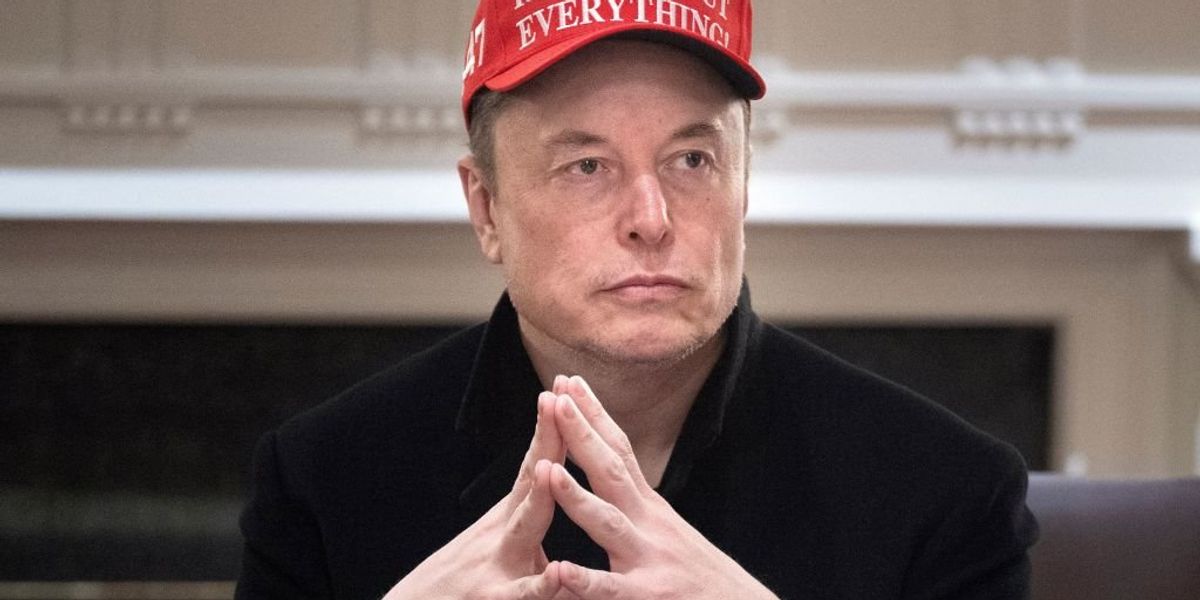

When protests erupt worldwide over an American staffing decision, it’s not outrage — it’s orchestration. And the people behind it don’t want you asking questions.
The recent wave of global protests against Tesla and its CEO, Elon Musk, defies logic. Demonstrators have gathered outside Tesla showrooms worldwide, setting cars on fire and destroying lithium batteries. But what exactly are they protesting?
The protests are not about environmental concerns but about control.
Policy decisions can spark domestic outrage in the United States, but why are people in Germany, Sweden, or Ireland suddenly mobilizing against Musk? He is not pushing for global war or implementing trade tariffs that would impact European consumers. His involvement in U.S. government affairs concerns federal budgeting waste, fraud, and abuse. Why would anyone overseas care about this?
Historically, large-scale protests have erupted over issues like nuclear weapons, war, and climate change. Yet, no precedent exists for international demonstrations aimed at a domestic U.S. policy decision — particularly one centered on budget efficiency. So who benefits from this manufactured outrage?
Green hypocrisy
Tesla revolutionized the electric vehicle industry, making sustainable transportation mainstream. Musk developed solar panels, battery storage, and charging infrastructure — technologies environmentalists have long championed. Yet now, the same groups that once hailed electric vehicles as essential to combating climate change are actively working to cripple Tesla.
How does burning Tesla vehicles and terrorizing EV owners advance the fight against climate change?
This contradiction reveals a deeper issue. If climate change truly presents an existential crisis, why would activists seek to dismantle a company leading the charge in clean energy? The only logical explanation is that the protests are not about environmental concerns but control.
Musk’s real ‘threat’
Elon Musk faced little controversy when he pioneered electric vehicles or launched reusable rockets. The backlash began when he became a vocal champion of free speech.
His purchase of Twitter, followed by revelations of government-backed censorship, changed how information moves through digital platforms. That shift marked the moment the outrage machine targeted him.
Opponents have resorted to labeling Musk a "fascist." But let’s examine this claim. Traditional fascism is defined by state control, forced conformity, and the suppression of dissent. Musk, on the other hand, advocates open dialogue, transparency, and reduced government interference. Calling him a fascist is not only inaccurate but also a deliberate attempt to stifle debate.
When people misuse the term "fascist," they dilute its meaning. Just as overusing the word "racist" has numbed the public to actual instances of racism, the indiscriminate application of "fascist" shields actual authoritarian behavior from scrutiny. This tactic is not about accurately describing Musk — it is about silencing him.
Who’s behind the protests?
Ordinary citizens do not spontaneously organize coordinated protests across multiple continents in response to a U.S. federal staffing decision. These demonstrations require financial backing, media support, and strategic messaging. So who benefits from damaging Tesla’s brand or silencing Musk?
We live in an era where perception is power. A viral video can ruin a reputation, and a well-crafted narrative can influence elections. If a movement can turn a climate hero into a villain simply for challenging an entrenched system, then it can manipulate almost any public discourse.
Before accepting any narrative at face value, we must ask critical questions: Do these protests help or harm the environment? Are they organic expressions of outrage, or are they carefully orchestrated? Is the term "fascist" being used to expose truth or to suppress dissent? Most importantly, are we sabotaging progress simply because we dislike one of the people leading it?
The manufactured outrage against Musk is not about policy; it is about power. And if we fail to recognize that, we risk allowing those who seek control to redefine reality itself.
Want more from Glenn Beck? Get Glenn's FREE email newsletter with his latest insights, top stories, show prep, and more delivered to your inbox.
.png)
 21 hours ago
4
21 hours ago
4
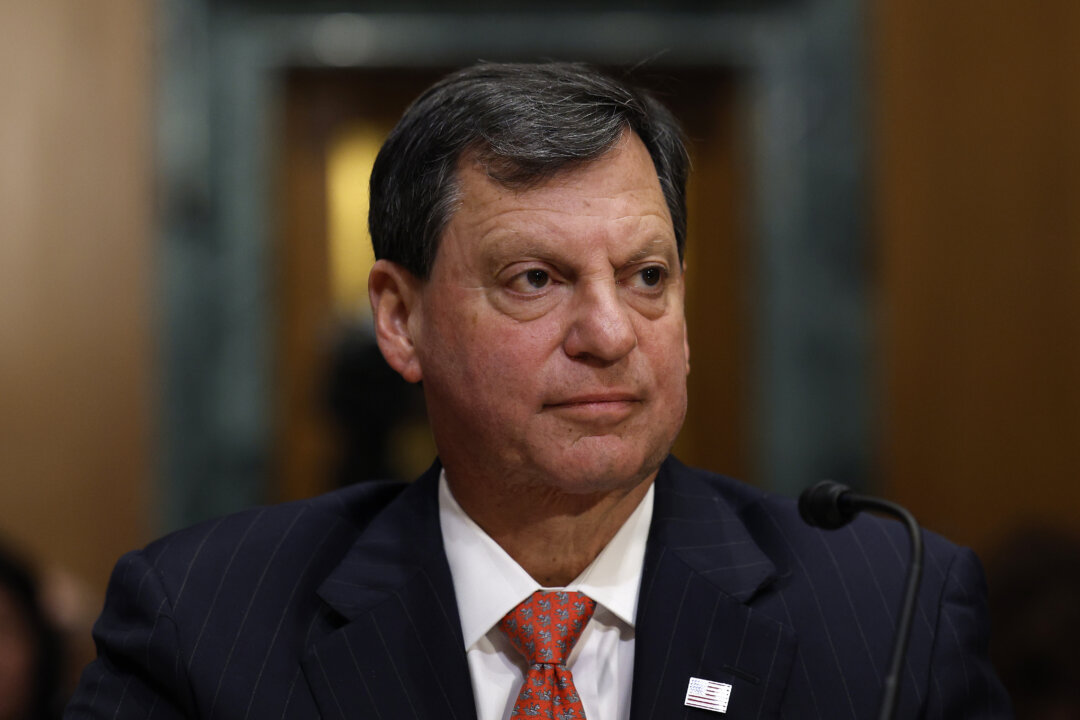

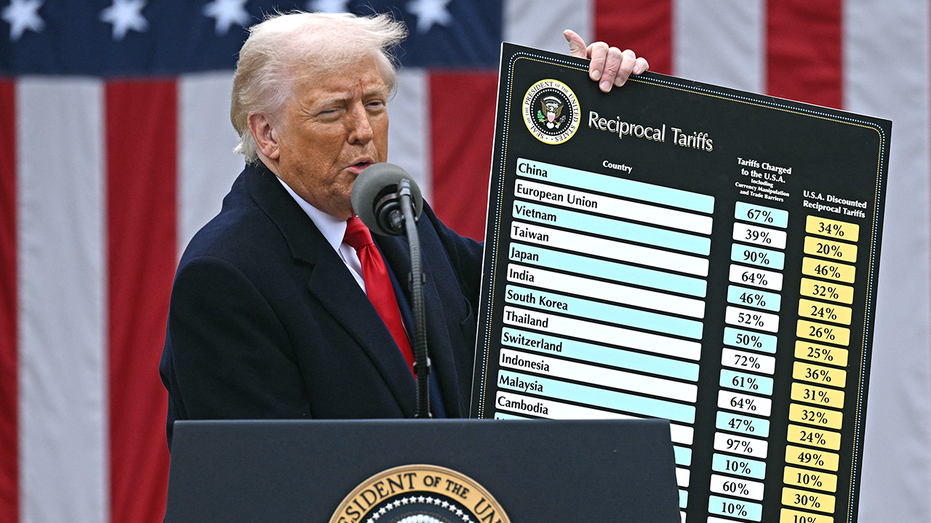




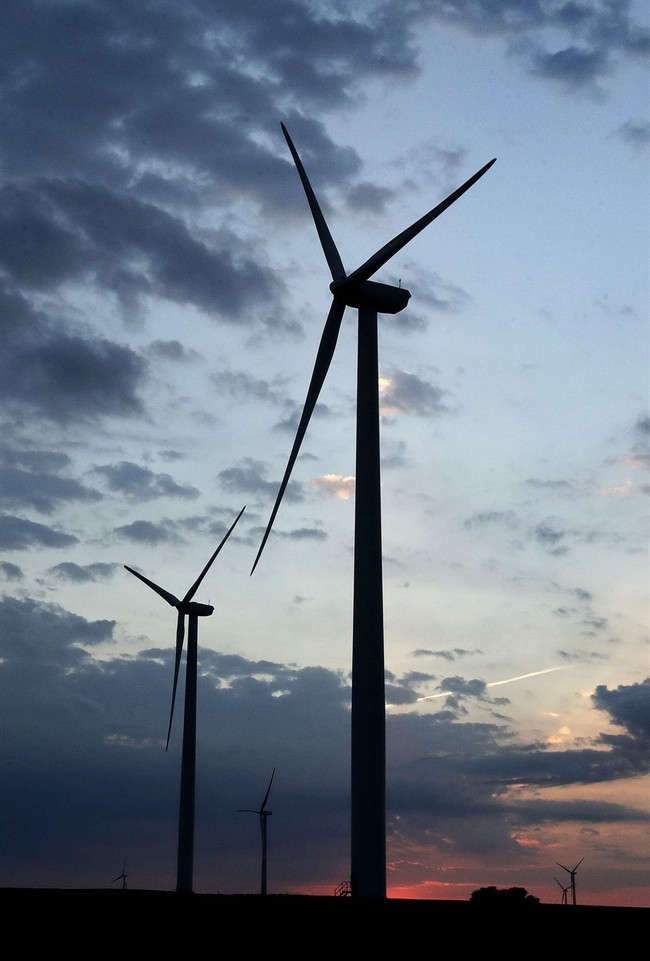


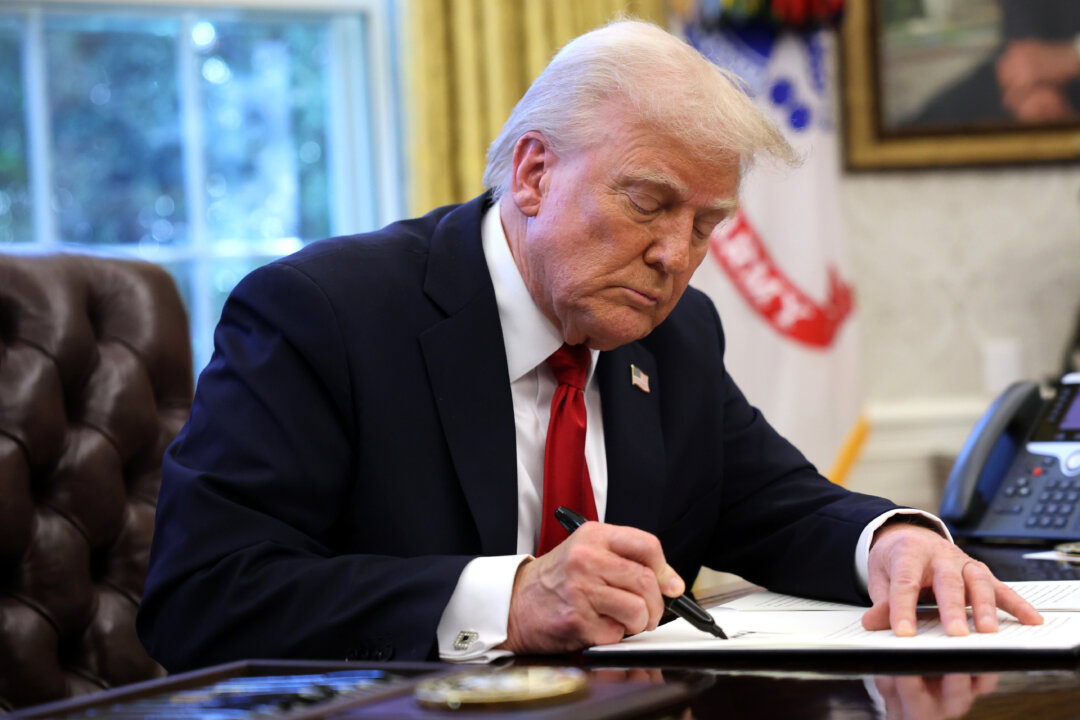
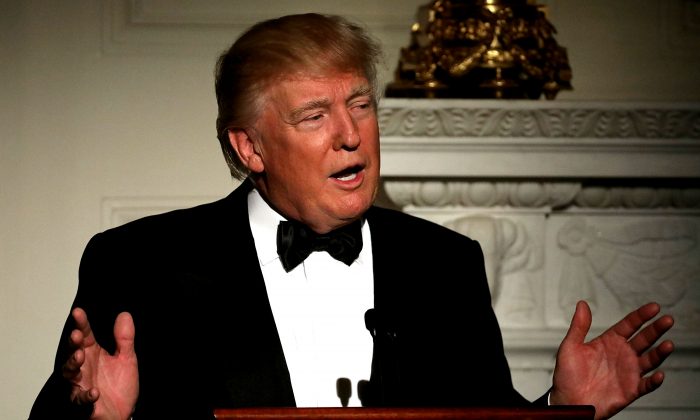


 English (US)
English (US)